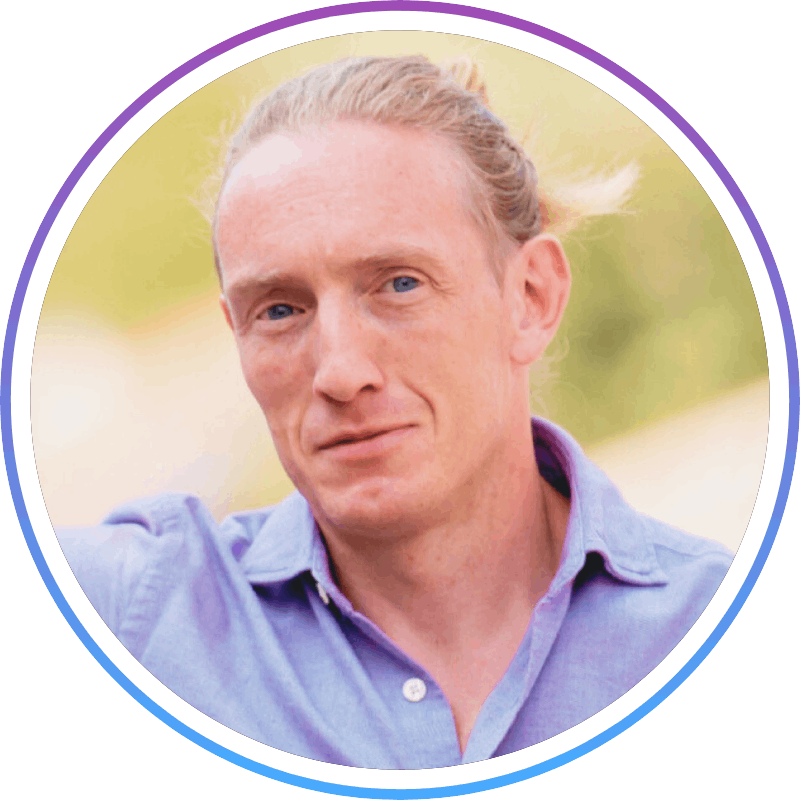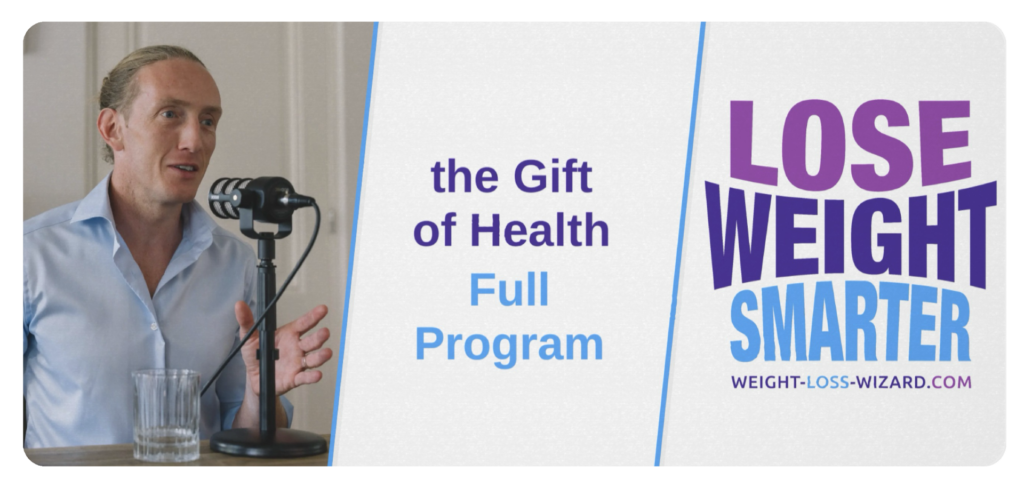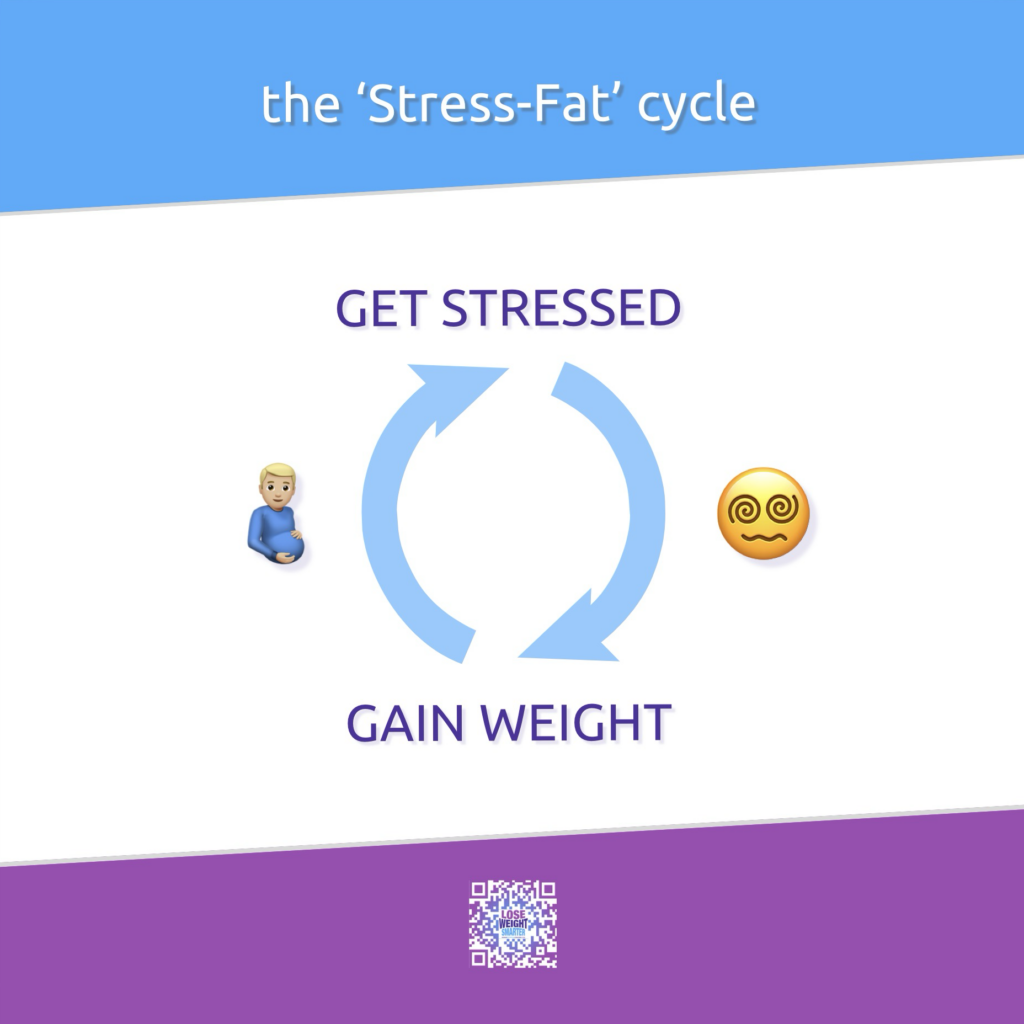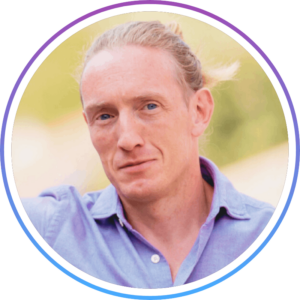What is a habit?
Let’s get the definition thing out of the way, just to make sure we are on the same page here.
‘A habit is an automatic behavioral pattern, that is usually repeated and unconscious’
Great, but what does it mean?
It means that these features help us move through life efficiently and save valuable brain power that we can spend on other things that require our attention and focus. Mother Nature, in her infinite wisdom, gave us this helpful tool and it often serves us well. So, what is the problem then?
With the increasing complexity of our lives, I believe we sometimes put too much trust in our ‘ancient’ habit system. Because they often appear to be our best friend and help us out wherever we go, it’s often difficult to switch perspective and realize that there is a dark side to them as well. Moreover, many people aren’t aware to what level their habits determine their future.
A friend that is usually great to hang out with, despite the fact that he sometimes does things that aren’t in your best interest, might not be such a problem for most. However, you wouldn’t make him responsible for the most important choices in life. Strangely enough, though, this is exactly what most of us do on a daily basis when it comes to our habits.
“If you want to know where someone is going in their life, and how it will look 5 or 10 years from now, just look at their habits.”
Dr. Mark Atkinson
Are you on autopilot (and is it a problem)?
Ideally, we would always respond to the world around us based on what is best suitable for that moment. As habits are often unconscious, this often is far from the reality we live in. Therefore, most of us go through life on autopilot, instead of looking at what would be best in each scenario. Again, this is what helps us not be overloaded and it enables us to lead a predictable life.
It only becomes a problem when your current habits are leading you down a path you don’t like. One step at a time in the wrong direction. For example, you might have a habit of smoking or eating when you feel stressed. Most people, however, are unaware that this is happening to them and go with this flow. Moreover, most people know deep inside that this is a ‘bad’ habit and it adds to the debilitating feeling of guilt and not being good enough, which is an energy drain by itself.
There are roughly 2 scenarios to solve this issue. One for the medium and one for the long term:
- Medium term: Something extreme happens that knocks you out of your routine, forces you to face reality and start making the changes you should be making. An example could be learning from your doctor that your unhealthy lifestyle is about to kill you, unless you make some drastic changes.
- Long term: You continue your bad habits, feel guilty every (other) day, but keep telling yourself the story you’ve told yourself so many times to justify it all. You keep pushing it away, but years later it comes back with a vengeance as the (now much more extreme and ingrained) habit becomes more challenging to deal with; mentally and physically.
There must be a more efficient method, right? Just change them, for ^#@!$(*’s sake!
Oh wait, that’s not how that works . We have all experienced how difficult it is to change certain habits. I have worked hard to change several key habits and sometimes it can be easy to forget how challenging it was to create them in the first place.
Therefore, I recently decided to challenge myself to a little exercise where I ‘simply’ switched the pocket in which I carry my phone and I can tell you: I struggled. It took me about 1 full month to get used to it and it refreshed my view on the challenge that comes from actually changing the deeply ingrained habits that I sometimes take for granted.
Questions to ask before you change your habits
Before you start to try and change your habits, I recommend you to ask yourself these 2 questions first:
- Which habits are in the way of getting the specific outcome you want?
- Which exact habits should be in place for me to get there?
The answers will provide you with a road map towards your goal. Now it’s time to dig into the process of the actual habit creation itself.
Why Keystone habits come first
Now we are able to start ‘hacking’ your habits, by understanding how we can make the most impact from the least amount of effort. Not only is this faster and more effective, it also saves costly energy that increases the chance of success in the first place.
‘Keystone habits‘ are habits you can change that automatically have a positive impact on other habits. See them as being contagious in a positive manner. An example could be to start going to the gym regularly. Besides the health benefits, it is likely to impact your nutrition (‘if I train well, I need to eat well’), it might influence your sleeping pattern (being exhausted might stop the habit of watching TV until late at night) and it could give you more energy that fuels your gas tank to change other habits as well.
Therefore, before going to the next level, ask yourself first:
Which keystone habits can you think of that will influence a range of other habits?
Hacking your basic habits
After focusing on a number of Keystone habits, you can start to dig into more ‘basic‘ habits. There are various techniques that allow you to create the change you want with less effort and – as a result. Below I have listed the ones I think are most useful for the highest chance of success:
- Piggy backing (use your existing habit of tooth brushing to create a new one of flossing by putting your flossing stick right next to your toothbrush)
- Trigger removal (if you have a weakness for candy, simply don’t buy it)
- Plan for moments of weakness (if you often eat unhealthily when you come home tired from work, prepare the ingredients of a healthy meal when you are still fresh to take the hassle out of cooking healthily when you’re not)
- IF-THEN scenarios (‘if it rains tomorrow morning, I will not go out running. However, I will drive to the gym’)
- Reminders (use your calendar to remind yourself of your goals)
The general thought behind all of these points is the same: rely as little as possible on pure willpower.
Not only because it’s a finite resource that runs out at some point, but also because a lower energy level will negatively impact your ability to exceed in other areas of your life.
Final thoughts
Habits are a force to be reckoned with. Thankfully, there are also a lot of tools that allow you to deal with them. Clearly, these are just a few of the ways you can start to move towards your goals. If you believe, however, your habits are too ingrained, you want to speed up your results or think you need some support along the way, it could be interesting to plan a few sessions with a specialist who you believe might be able to help you.
Hope you enjoyed the read and if perhaps considering sharing this with someone for whom it might be useful as well. All the best!



